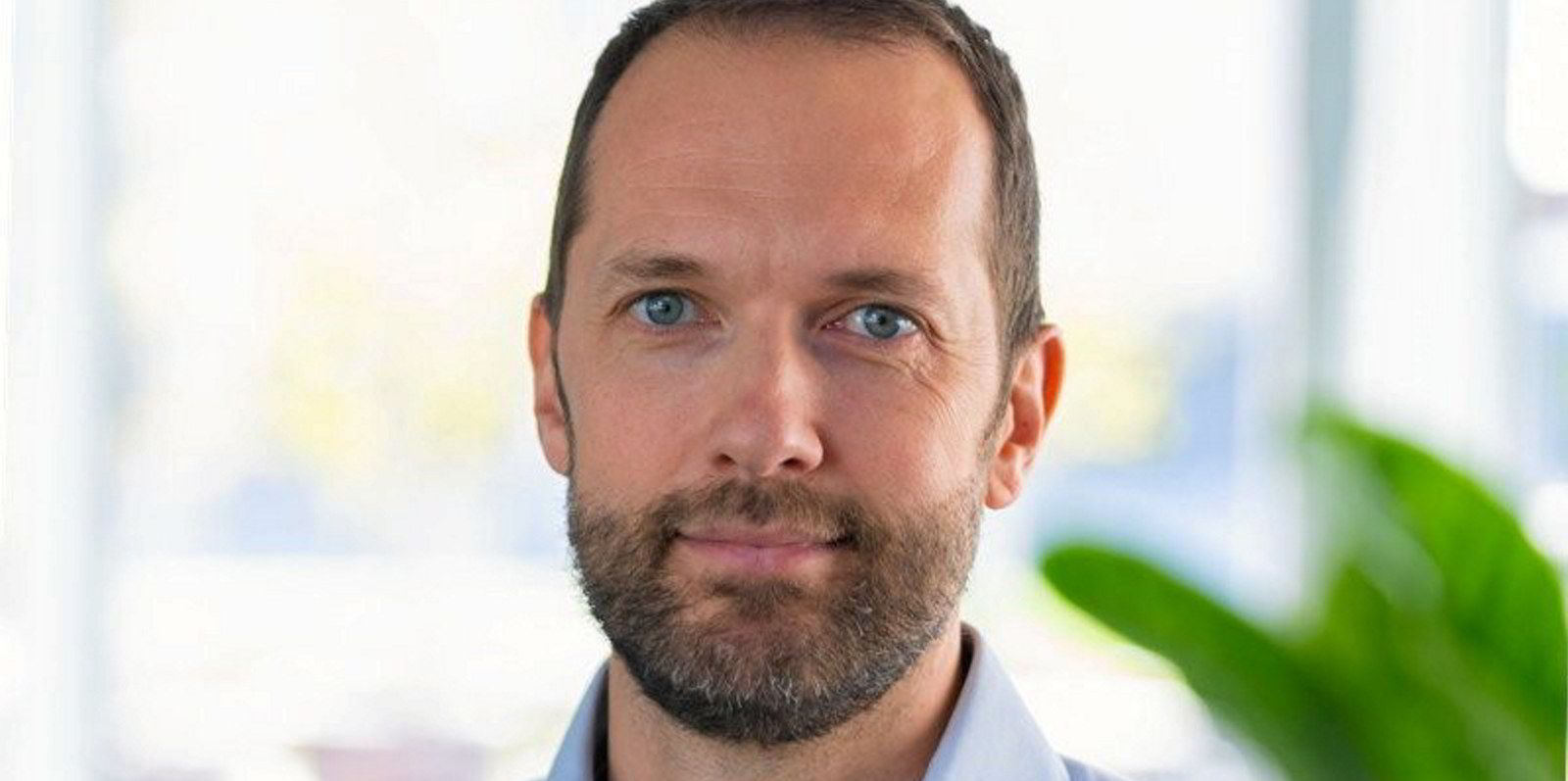Ships’ engine maker MAN Energy Solutions has joined marine fuel groups in calling for the International Maritime Organization to support full decarbonisation of the shipping industry by 2050.
MAN Energy, floating green energy system developer H2Carrier and coastal renewables project firm InterContinental Energy are among those teaming up with NGO the Environmental Defense Fund (EDF) in calling for the IMO to develop policies that incentivise the production and adoption of sustainable fuels alongside ambitious interim climate targets for 2030 and 2040.
The IMO’s Marine Environment Protection Committee (MEPC 80) is set to revise its Initial Strategy on the Reduction of Greenhouse Gas Emissions from Ships at a meeting in July.
MAN Energy chief executive Uwe Lauber said the company is in a unique position to assess the future-fuel mix required based on its dual-fuel engine contracting.
“We wholeheartedly believe that the prompt adoption of regulations that invite capital into the production of alternative, green fuels is a must; shipping urgently requires large volumes and thus scalability,” he said.
“To this end, we believe that a collective, comprising players from the maritime, regulatory and political spheres can build enough momentum to achieve our decarbonisation aims,” Lauber added.
Marten Lunde, chief executive of H2Carrier said the maritime sector has an obligation to act.
“Technology providers and sustainable fuel producers are pushing forward to ensure that the entire value chain will be in place to deliver on this goal [the aim to keep global temperature rises to 1.5 degrees Celsius],” Lunde said.
The European Biodiesel Board was another to back the call for stronger well to wake policies, as did InterContinental Energy whose president Alicia Eastman said it was working on producing green fuels at scale for the maritime sector.
EDF director of global shipping, Marie Hubatova said it was clear that fuel and technology companies support maritime decarbonization in line with the 1.5 temperature goal.
The EDF links science, economics, law, and innovative private-sector partnerships. It has more than 3m members with offices in the US, China, Mexico, Indonesia and the European Union.





